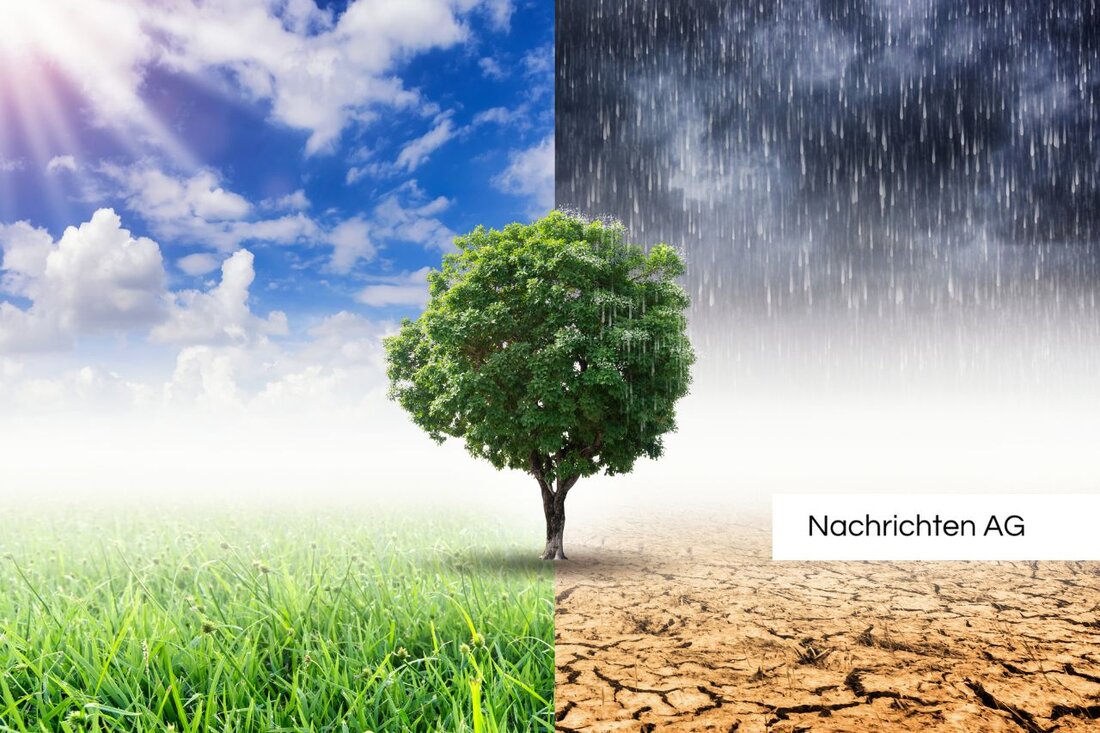Volcano research: How eruptions influence our climate unnoticed!
The University of Greifswald invites you to a lecture on the influence of volcanoes on the climate on April 23, 2025. Experts present new findings and research results.

Volcano research: How eruptions influence our climate unnoticed!
The DFG research group VolImpact recently carried out comprehensive studies on the influence of volcanoes on the climate. The latest findings show that aerosols in the atmosphere behave differently than previously assumed. This particularly affects their distribution and size at altitudes over 100 kilometers, where they reach through eruptions. A central research topic here was the volcanic eruption of Hunga Tonga-Hunga Ha'apai in the South Pacific on January 15, 2022, which provided new insights into the formation of noctilucent clouds, but without determining a clear influence. Prof. Dr. Christian von Savigny and his team at the University of Greifswald have been working intensively on the complex interactions between volcanic eruptions, the atmosphere and the climate since 2019. The results of their research were recently published in the journal Atmospheric Chemistry and Physics, and they will also be presented in a public lecture on April 23, 2025.
Particularly revealing are the findings that during large volcanic eruptions, such as the Hunga eruption, significant amounts of sulfur enter the stratosphere. This significantly influences the size and climatic impact of the aerosols. In particular, many of these aerosols have been observed to become smaller, affecting dynamic processes in the atmosphere, including temperatures and wind patterns.
Cooling effects and climate models
Research into the cooling effects of volcanoes, particularly through smaller eruptions, is generating additional debate in the scientific community. A recent study from the University of Cambridge shows that climate models do indeed greatly underestimate the cooling influence of smaller volcanic eruptions. This means that the impact of such eruptions on the global climate is neglected in current forecasts. Researchers have analyzed ice core and satellite data and found that volcanic aerosols remain in the atmosphere for one to two years, while climate-damaging carbon dioxide remains present for much longer.
Massive eruptions can lead to significant, short-term global cooling effects, but these are not enough to stop ongoing global warming. The IPCC's Sixth Assessment Report (AR6) assumes stable volcanic activity until the year 2100. At the same time, research shows that the influence of volcanoes on the atmosphere is underestimated in climate forecasts by up to 50 percent, mainly due to the neglect of smaller eruptions that can have significant effects overall.
Events and outlook
In view of these new findings, the DFG research group VolImpact is planning an international workshop at the Alfried Krupp Science College in Greifswald to further discuss the results and their implications. In addition, Prof. Dr. Andrea Burke will give a lecture on April 23, 2025 at 7:00 p.m. that will deepen the topic “Influence of volcanic eruptions on climatic changes”. The public is warmly invited to these events, with further information provided via the media briefing.
In summary, ongoing research demonstrates that studying volcanic impacts on climate is complex and essential to better understand future climatic changes and possibly also to analyze the regeneration of the Antarctic ozone hole.
You can find out more about the findings from the University of Greifswald in the report uni-greifswald.de. Additionally informed forschung-und-wissen.de on the role of volcanoes in climate models.

 Suche
Suche
 Mein Konto
Mein Konto